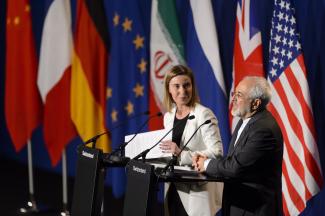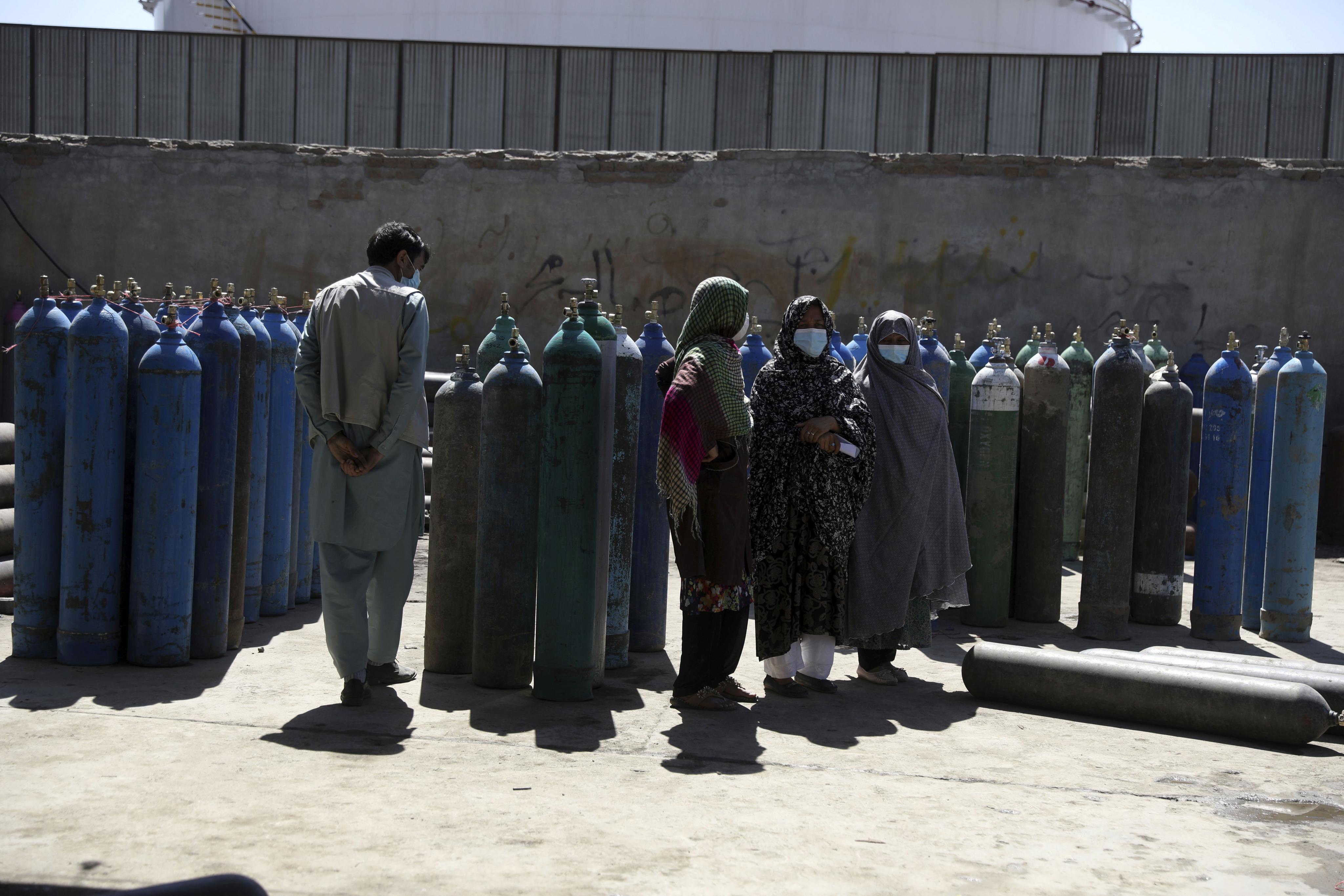Comment
Non-nuclear opportunities

Iran does not have nuclear weapons. The country would need several years to build such weapons, and the government denies it wants any. Teheran has repeatedly pointed out that the ownership and use of nuclear arms is not compatible with the Islam, according to a fatwa, a legally binding religious assessment, by Ayatollah Khamenei, the country’s spiritual and political leader.
When George W. Bush was US president and a US-led coalition toppled Saddam Hussein in Iraq, Iran would actually have had reasons to acquire nuclear weapons. At the time, neo-conservative think tanks with close ties to the White House were publicly weighing options to enforce regime change in Syria and/or Iran after having done so in Afghanistan and Iraq. US forces were deployed in Afghanistan and Iraq. Saudi Arabia and the other members of the Gulf Cooperation Council used an angry anti-Iran rhetoric and demanded that the US take more stringent action. American warships and aircraft carriers with nuclear arms were sailing in the Arabian Gulf. The military invasion that toppled Saddam Hussein had proved that conventional defence strategies were useless against US force. Building a nuclear deterrent against such imminent danger would have been illegal, but would also have made sense in terms of realpolitik.
Today, the situation is completely different, both in terms of foreign affairs and Iran’s domestic politics. Mahmoud Ahmadinejad, the right-wing extremist, is not longer president. Hassan Rohani, a liberal leader, has taken his place. He considers it a key priority to improve Iran’s relations with Europe and the USA. Ayatollah Khamenei and reactionary forces obviously want to slow him down, but the vast majority of the people support his détente policy.
Since Barack Obama became US president, US policy makers no longer consider regime change in Iran an option. American troops have left Iraq, and NATO is withdrawing from Afghanistan. The west’s position has become weaker, while Iran’s influence has grown in Afghanistan, not least due to its business engagement in the Herat area for example. In Iraq, Iran has become the strongest foreign player. In cooperation with Lebanon’s Hizbollah, moreover, Iran is now a force without which stabilisation is impossible in Syria. By lending support to Shia Huthi rebels in Yemen, Iraq is even putting pressure on Saudi Arabia’s southern border.
Iran’s regional standing has improved dramatically in the past decade. Accordingly, a nuclear-enhanced deterrent looks less relevant. At the same time, a nuclear deal would boost Iran’s economy and end decades of political isolation. Iran could become a key partner in stabilising Afghanistan, Iraq and Syria.
Resolving the nuclear issue might actually allow Iran to become the dominant regional power in the Gulf area. That is something neither Israel nor Saudi Arabia are prepared to countenance. The Israeli government is doing its best to undermine the nuclear talks, lobbying the US Congress and cooperating with its right-wing members. Saudi Arabia is busy supporting all regional adversaries of Iran politically and in terms of financial and other resources. Those adversaries include Salafi groups, Egypt’s secular government, the monarchy in Bahrain and Yemen’s recently toppled government.
A nuclear agreement would create considerable opportunities in the Middle East. One must not underestimate regional obstructionism and domestic opposition in both Iran and USA. The deal may yet be scuppered.
Jochen Hippler is a political scientist. He teaches at the Duisburg-Essen University.
hippler@o2online.de











